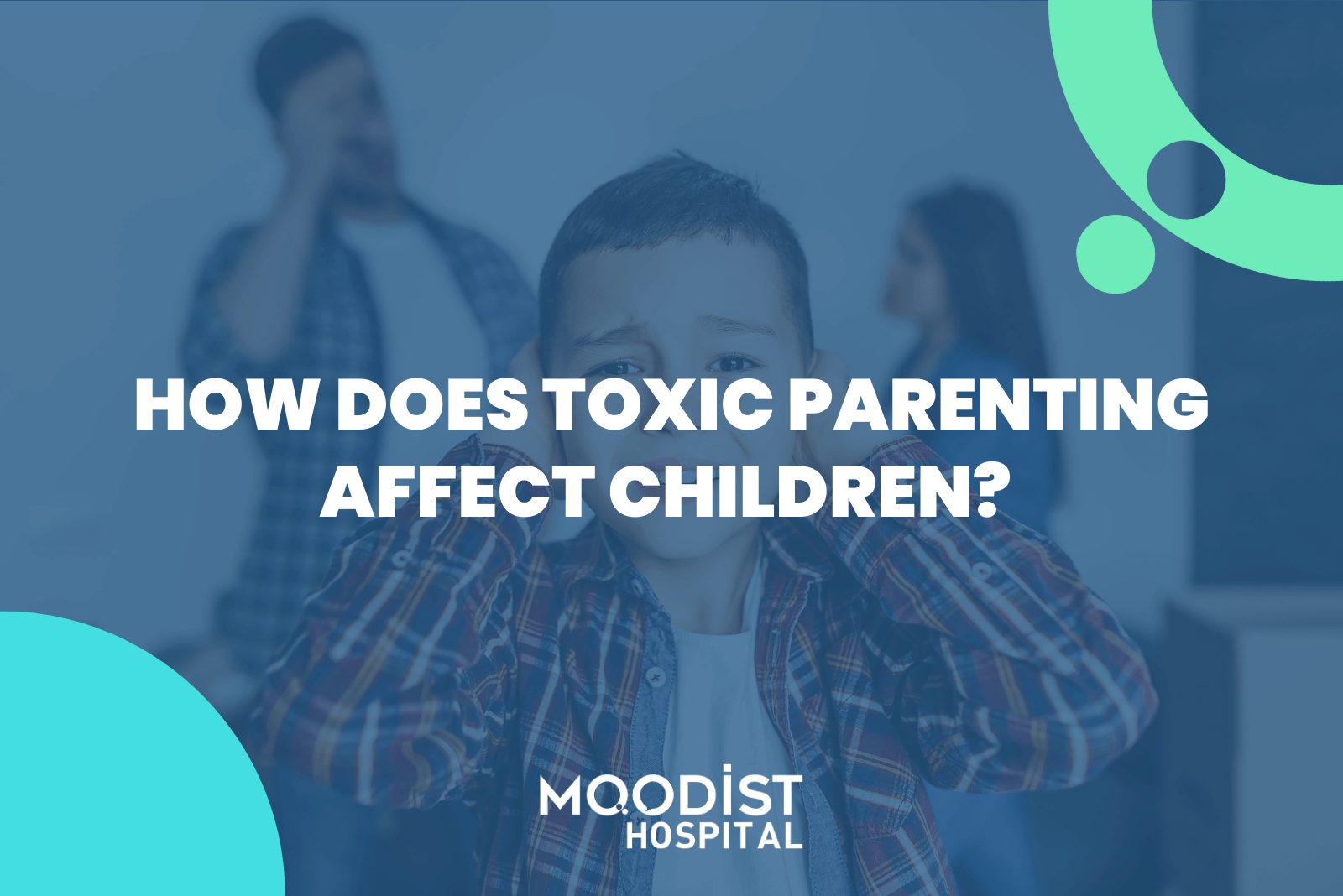
We are now facing the concept of toxic parenting after toxic relationships and toxic work environments. How is toxic parenting defined, what are its symptoms, and how does it harm children? Experts define toxic parenting as unconscious or unintentionally harmful behaviours that parents show to their children. How does this harm affect children?
The concept of “toxic” has become quite widespread recently and appears in many areas. One of these is the concept of “toxic parenting”. Toxic parenting means that even if parents want the best for their children, they sometimes bore them too much or restrict their freedom. İrem Bengü Yılmazcan, Child and Adolescent Psychologist at Moodist Hospital, states that toxic parenting can have severe and lasting effects on children. Yılmazcan says, “These effects can cause long-term damage to a child’s emotional, mental and physical health and affect their future life. It should be kept in mind that toxic parenting can cause permanent damage to children.”
“It Leaves Lasting Trauma”
Psychologist Yılmazcan says that toxic parenting is characterised by excessive control, emotional-physical abuse, indifference or neglect, underestimation or rejection, jealousy or competition, and controlling and oppressive behaviours, and emphasises that these unwitting actions by parents can leave permanent traumas in the child. İrem Bengü Yılmazcan, a Child and Adolescent Psychologist, states that toxic parenting can cause low self-esteem, depression, anxiety and other emotional problems in children and says, “Children may feel worthless and unloved in the face of toxic parenting. Children who are constantly criticised and humiliated are negatively affected in their future relationships, work life and personal success. At the same time, in the face of toxic parenting, children may experience anger problems, aggression, and difficulty in peer relationships.”
“It takes time and patience.”
Yılmazcan says that persistent conditions resulting from toxic parenting can affect the child’s overall quality of life and that a healthy and supportive parenting approach is critical to protecting the child’s emotional and psychological health. Yılmazcan also states: “Overcoming toxic parenting may take time and patience, but it is necessary to pay attention to the signs of toxic parenting and take the necessary steps to help your child grow and develop healthily”.
Child and Adolescent Psychologist İrem Bengü Yılmazcan gives the following suggestions to overcome toxic parenting and transition to a healthier parenting style.
- Empathize with your child,
- Give your child the opportunity to talk openly about emotional problems,
- Set rules for your child, but remember to set healthy boundaries,
- Give your child positive feedback,
- In addition to the rules, remember that your child is also a free individual,
- Be a role model for your child,
- If you are struggling to cope with toxic parenting, do not hesitate to seek support.
